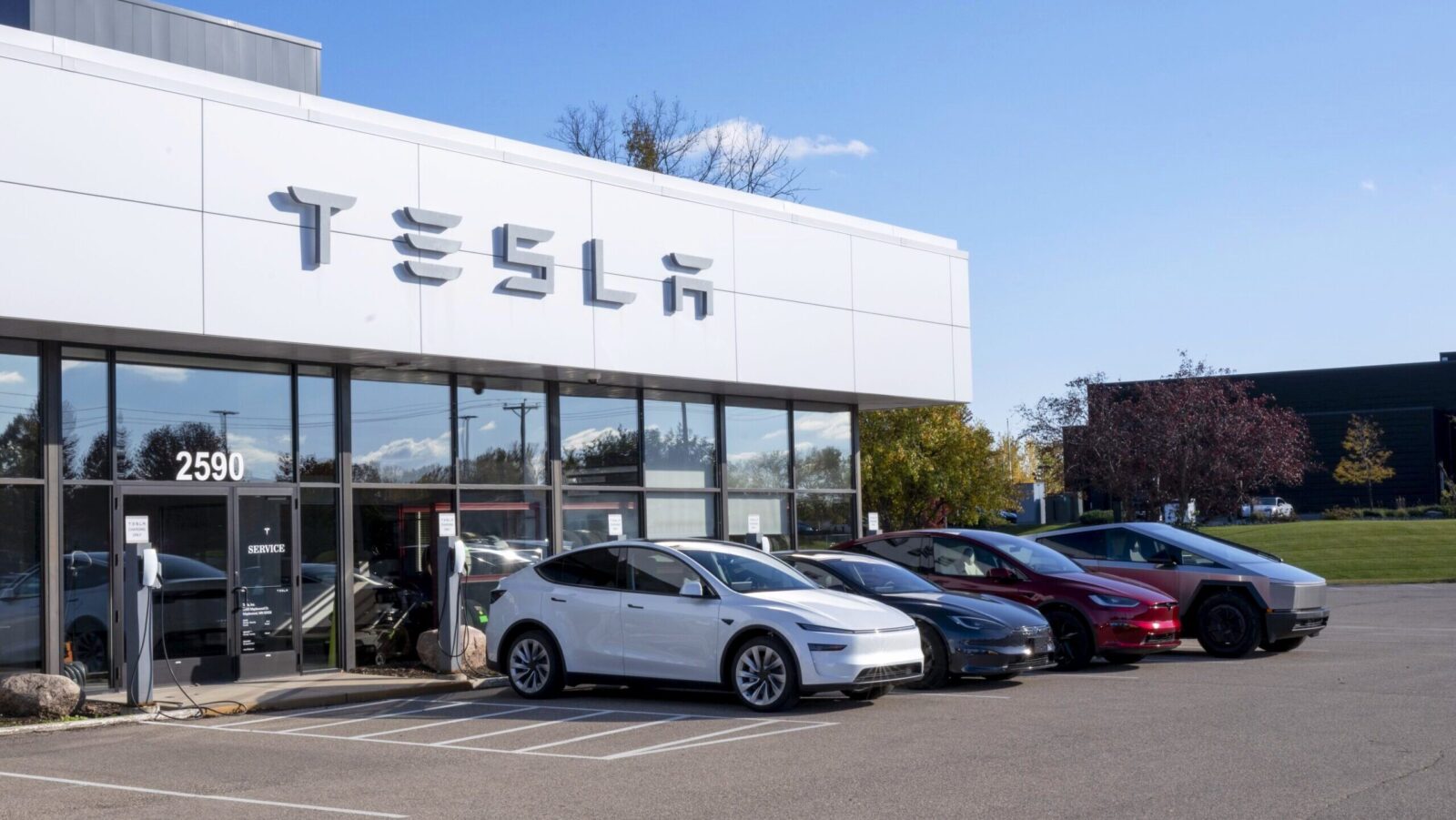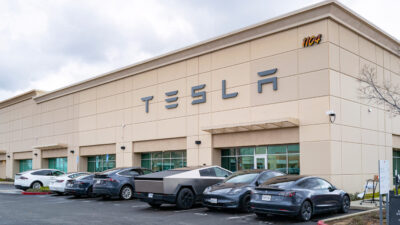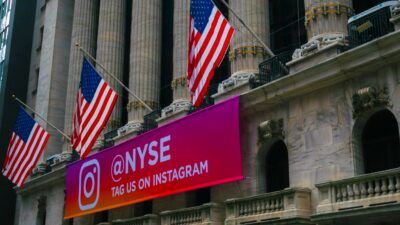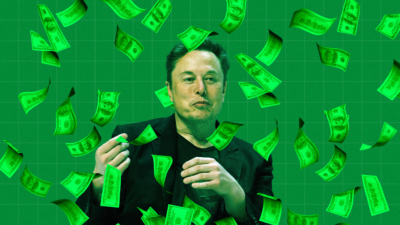Spacecraft-Maker Firefly Shoots for the Moon in Nasdaq Debut
Just a week after Figma’s successful market debut, Firefly Aerospace saw its stock pop more than 34% after listing on the Nasdaq on Thursday.

Sign up for smart news, insights, and analysis on the biggest financial stories of the day.
Another week, another IPO that’s headed to the moon. Though this time, we mean it figuratively and literally.
Just a week after Figma’s successful market debut, Firefly Aerospace — which successfully pulled off America’s first lunar landing since 1972 earlier this year — saw its stock pop more than 34% after listing on the Nasdaq on Thursday.
Escape Velocity
Firefly has been lighting it up all year. In addition to delivering its robotic Blue Ghost lander to the moon in March for a NASA-funded mission to research moondust, completed when three attempts by competitors failed, Firefly has launched its Alpha rocket six times (though its most recent attempt in April suffered a mishap and ultimately failed to deliver a Lockheed Martin satellite into orbit).
Still, investors were giddy at the chance to back the burgeoning space player. Earlier this week, Firefly upped its targeted share price range, from between $35 and $39 to a range of $41 to $43, before shares ultimately opened at $45. The company sold 19 million shares on Thursday, raising $868 million in the process, with shares trading at just over $60 at close, putting the company’s market cap at around $9 billion. For its next missions, it’ll need the cash:
- Firefly’s research and development spending last year ballooned by 27% to nearly $150 million, according to its IPO prospectus, while its net loss grew to $231 million, compared with $136 million the year before.
- Still, it generated revenue of $61 million in 2024, up 10% year-over-year, while its backlog of orders stands at around $1.1 billion as of March.
Reduce, Reuse, Recycle: Chief among those orders are more than 30 launches with its Alpha rocket, as well as a partnership with Northrop Grumman to develop a partially reusable rocket called Eclipse to compete with SpaceX’s Falcon-9 reusable rocket. Given the somewhat turbulent relationship between SpaceX founder Elon Musk and the current administration, eclipsing the industry leader the next time government contracts are doled out may not be a moonshot.











